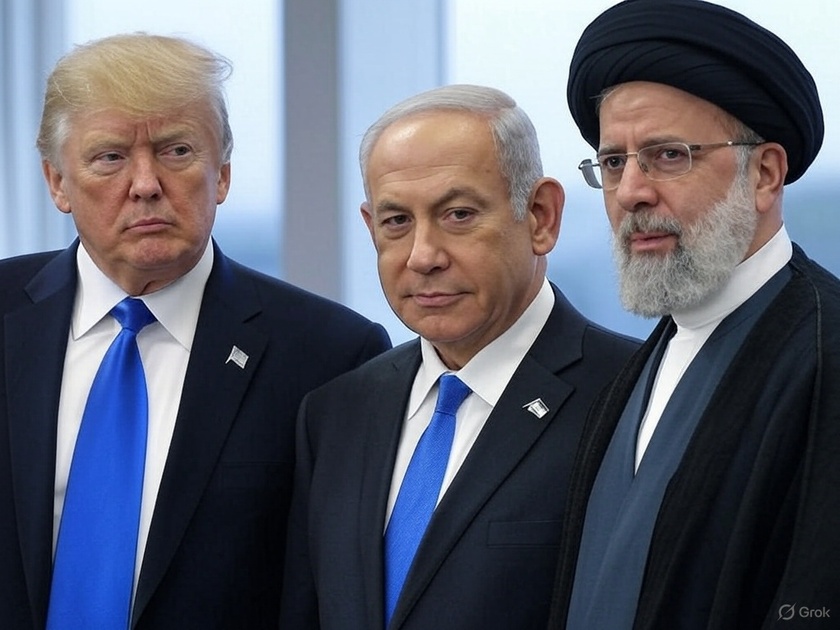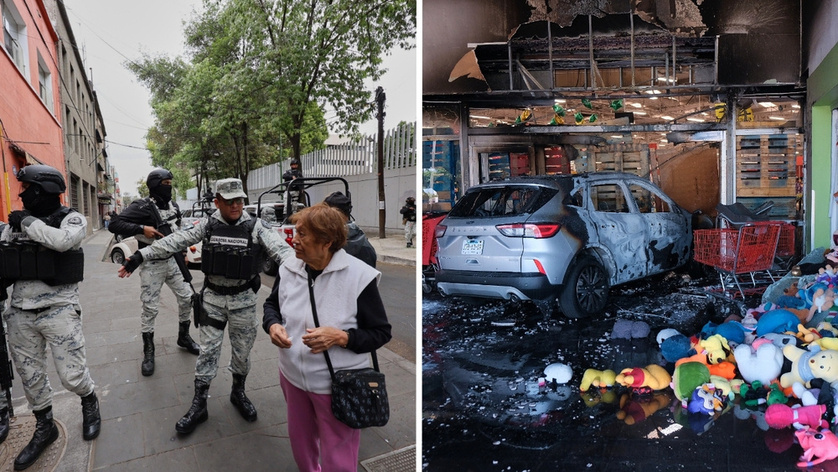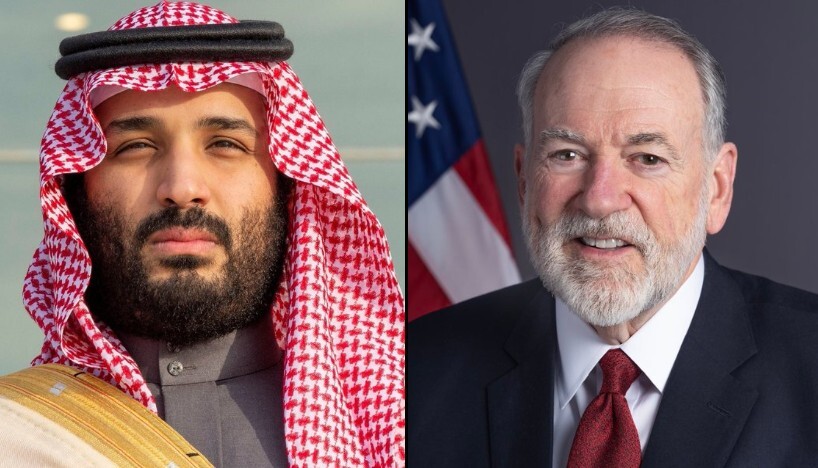US President Donald Trump reportedly waved off Israeli Prime Minister Benjamin Netanyahu's plan to carry out military strikes on Iran's nuclear facilities as early as next month.
Israel had come up with May attack plans, hoping that the U.S. would sign off on those plans. The Jewish nation wanted to disrupt and set back Iran's ability to produce nuclear weapons, by at least several years.
For Israeli military to succeed in such operation, they would need U.S' deep involvement, by not only signing off, but pledging to defend Israel from Iranian retaliation.
The head of U.S. Central Command Gen. Michael E. Kurilla and Trump's national security adviser Michael Waltz reportedly discussed how the United States could support Israel in such military action against Iran, if Trump approved of the Israeli plan.
However, during one the several discussions of the Israeli plan among Trump and his top security officials, Director of National Intelligence Tulsi Gabbard reportedly presented intelligence assessment warning that military strikes against Iran could cause a broader destabilizing conflagration in the region, and entangle the U.S. in another prolonged conflict in the middle east.
During some of the top security meetings, Vice President JD Vance, Defense Secretary Pete Hegseth and White House Chief of Staff Susie Wiles, also expressed opposition to Israel's plans.
Trump ultimately decided to pursue diplomatic negotiations with Iran to limit its nuclear program. He announced the decision during Oval Office meeting with Netanyahu earlier in the month.
After initially being informed that the U.S. preferred diplomacy to military action, Netanyahu reportedly said that an agreement would only be effective if those opposed to Iran's nuclear program were able to "go in, blow up the facilities, dismantle all the equipment, under American supervision with American execution."
Responding to the reports, National Security Council spokesman Brian Hughes said "President Trump has been clear: Iran cannot have a nuclear weapon, and all options remain on the table," said "The president has authorized direct and indirect discussions with Iran to make this point clear. But he’s also made clear this cannot go on indefinitely."
Trump, who welcomed the Italian Prime Minister Giorgia Meloni to the White House Thursday, also remarked on the news in response to a reporter's question. "I wouldn't say waived off ... I think that Iran has a chance to have a great country and to live happily without death, and I'd like to see that. That's my first option," he said in part.















